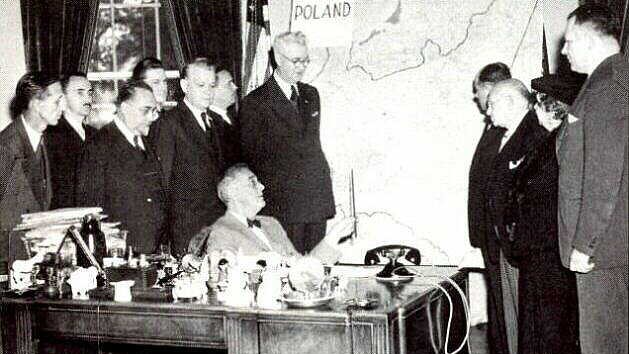
The Ukraine War Goes Global: More and More Foreigners Fight on Both Sides
The war quite literally consumes people; they are killed or maimed physically and psychologically at an unprecedented rate. Using foreign fighters is consequently quite logical for both sides. They alleviate domestic pressure to recruit more soldiers, with the new fighters likely being versed in military matters. They also demonstrate the global clout of the given side by showing the diverse coalition that stands behind it. Of course, this is a double-edged sword, which is why there is an intense war of narratives about whether these people are mercenaries or volunteers.









